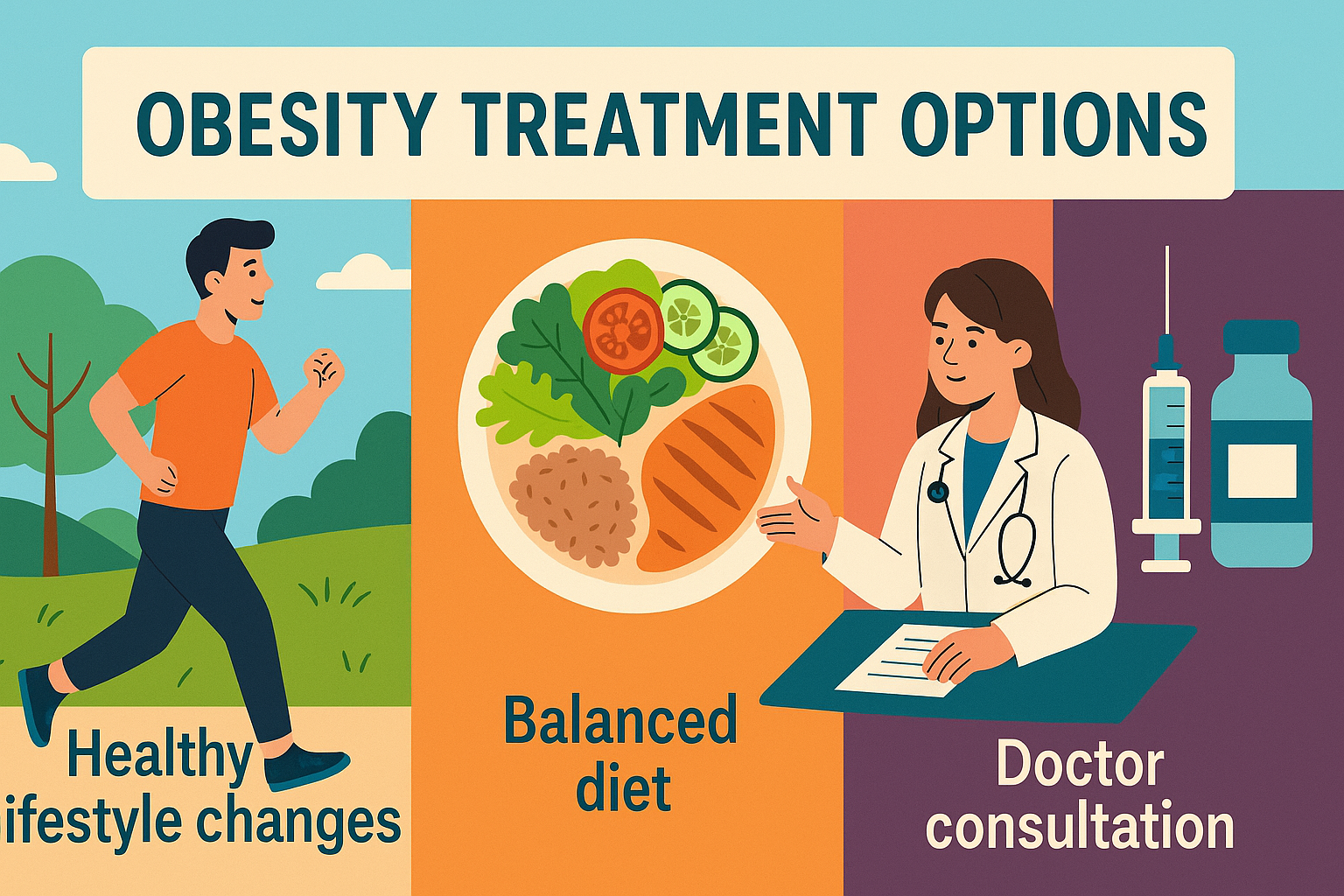For decades, we’ve looked at obesity through the lens of calories in, calories out. Eat less, move more — right?
But new research suggests it’s not that simple.
A groundbreaking initiative led by Virginia Tech scientists is uncovering how obesity may literally rewire the brain — especially the circuits that govern reward, motivation, and emotion. And the implications? They could transform how we treat obesity, moving far beyond diets and scales.
Why Do We Keep Choosing Unhealthy Food?
Most people don’t need a scientific study to confirm this: unhealthy foods are often the hardest to resist.
But what if obesity changes the way your brain experiences food — so that sweet, fatty, and salty choices become not only more tempting, but more neurologically rewarding?
“Decision-making surrounding food drives these health conditions,” said Dr. Alexandra DiFeliceantonio, assistant professor at the Fralin Biomedical Research Institute at VTC. “And decisions about what foods to eat is a leading, modifiable driver of disease burden.”
In other words: your brain may be pulling the strings, and obesity may be changing the puppeteer.
A Closer Look at the Brain–Body Connection
This research, supported by a $2.75 million NIH grant, is led by DiFeliceantonio, Dr. Matt Howe, and Dr. Read Montague. The team is using a novel approach to track what happens in real time inside the brains of people with obesity when they’re exposed to food-related cues.
🔍 How They’re Studying It:
- Epilepsy patients undergoing seizure monitoring (with implanted brain leads) will perform food-related decision tasks
- While doing this, they’ll receive custom-dosed sugary drinks and interact with emotion and food-related language
- Scientists will measure sub-second neurochemical activity in reward-related brain regions
It’s the first time we’ve been able to watch the brain’s chemical responses to food in real time — something previously only done in animal models.
The Brain Doesn’t “Reset” After Weight Loss
Even after someone loses weight, their brain’s reward pathways may stay altered. This could explain why keeping weight off is so hard — the brain continues to crave, reward, and reinforce the same behaviors that led to weight gain in the first place.
“All the drugs used to treat overweight and obesity target these reward areas in the brain,” DiFeliceantonio noted.
“Most of the evidence that we have is that even after weight loss, the brain doesn’t just return to where it was before.”
In other words, obesity isn’t just a body condition. It becomes a brain condition too.
The Science Behind It
This research uses cutting-edge electrochemical sensors developed by Dr. Montague’s team. They allow scientists to track chemical messengers in the brain at lightning speed — measuring activity that happens in fractions of a second.
This includes neurotransmitters like:
- Dopamine (linked to pleasure and reward)
- Serotonin (mood, satiety)
- Possibly glutamate and GABA (excitatory/inhibitory balance)
The key is comparing these signals with metabolic markers like insulin sensitivity, glucose levels, and body mass. If they can connect brain chemistry with real-world health markers, it could open the door to precision medicine for obesity.
Why This Changes Everything
Right now, most obesity treatments focus on body weight. But this new research suggests we should be focusing on brain wiring.
Future obesity treatments may involve:
- Medications that target specific brain circuits
- Behavioral therapies that “retrain” the brain
- Personalized plans based on individual brain response to food
And it could help us move past shame-based narratives, finally seeing obesity as the complex, neurobiological condition it truly is.
The Bigger Picture
Obesity affects over 40% of U.S. adults and contributes to more than 300,000 deaths annually from related diseases like type 2 diabetes and heart disease.
But the most promising future solutions may not lie in new diets or weight-loss apps — but in understanding how our brains process food in a modern environment.
“It’s important to measure different types of rewards to understand if these brain chemicals encode something as basic as a sweet taste the same way as something complex like language,” said Dr. Howe.
Because the foods we choose — or the foods that seem to choose us — may be driven by deep neurological forces we’re only now beginning to map.



